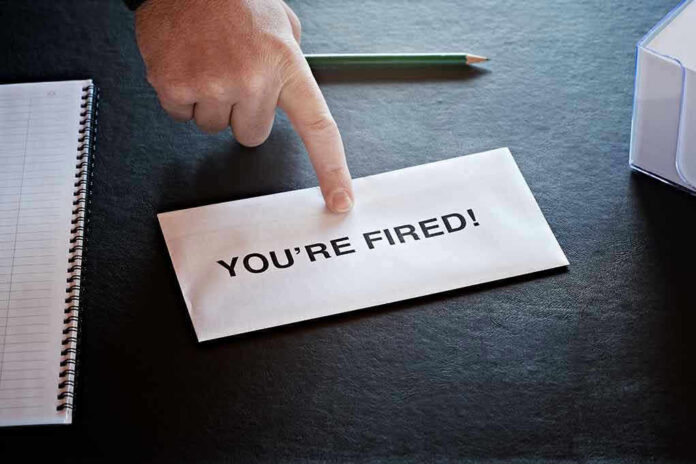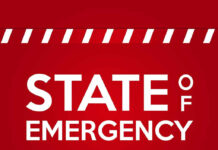What does it say about our society when a pastor is fired for standing by his faith in the face of forced pronoun usage?
At a Glance
- Louisiana pastor Luke Ash fired from library job for refusing to use transgender pronouns.
- Religious leaders demand changes to library’s inclusivity policy.
- Incident raises questions about religious freedom and compelled speech.
- Library board enforces policy; no comment on the termination.
Pastor Fired for Religious Beliefs
In Baton Rouge, Louisiana, Luke Ash, a pastor and former library technician, lost his job at the East Baton Rouge Parish Library after refusing to use the preferred pronouns of a transgender colleague. His refusal was based on religious convictions that such usage contradicts his beliefs. The incident has ignited a firestorm of controversy, with local religious leaders rallying to his defense and calling for a reconsideration of the library’s inclusivity policies.
On July 7, 2025, Ash was asked to use male pronouns for a new employee who is biologically female but identifies as male. Citing his religious beliefs, Ash refused, leading to a reprimand from his supervisor and the head of reference the following day. The situation escalated quickly, culminating in his termination on July 10 for violating the library’s code of conduct, which mandates respect for colleagues’ chosen names and pronouns.
Religious Leaders Take a Stand
In response to Ash’s firing, over 30 local pastors have voiced their support, demanding his reinstatement and a revision of the library’s policies. The collective action, organized by religious leaders like Pastor Lewis Richerson, highlights a broader concern about the erosion of religious freedoms when it comes to compelled speech. These leaders argue that Ash’s refusal to use certain pronouns is an exercise of his First Amendment rights, drawing attention to a clash between religious liberty and workplace inclusivity mandates.
The library board, however, maintains its stance, emphasizing the importance of fostering an inclusive environment. At a recent board meeting, religious leaders attempted to address their concerns publicly but were informed that their comments were out of order under Louisiana’s Open Meetings Law. As of July 23, the library has remained silent on the incident, leaving the community in a state of uncertainty.
The Broader Implications
The situation in Baton Rouge is not isolated. Similar disputes over pronoun usage and religious objections have cropped up across the United States and Canada, often resulting in legal challenges and policy reviews. The case of Luke Ash underscores the tension between protecting individual beliefs and enforcing inclusivity in public workplaces. While the immediate impact is Ash’s job loss, the long-term implications could involve legal battles and potential changes to workplace policies related to compelled speech and religious accommodations.
For Ash and his family, the economic and reputational impacts are significant. Meanwhile, transgender employees face challenges related to workplace inclusion and safety. As religious communities mobilize around perceived threats to their liberties, public institutions like the library could see increased scrutiny and pressure to adapt their inclusivity policies.
Expert Opinions and Community Reactions
Legal experts and religious liberty advocates are weighing in on the situation, with many viewing it as a test case for the balance between free speech rights and anti-discrimination protections. While some argue that compelled pronoun usage infringes on individual liberties, others emphasize the necessity of such policies to ensure a safe and inclusive environment for all employees.
The clash of perspectives highlights the ongoing debate in legal and academic circles about the intersection of religious freedom and inclusivity. As the situation develops, it remains to be seen how public institutions will navigate these complex issues, but one thing is clear: the conversation is far from over.











